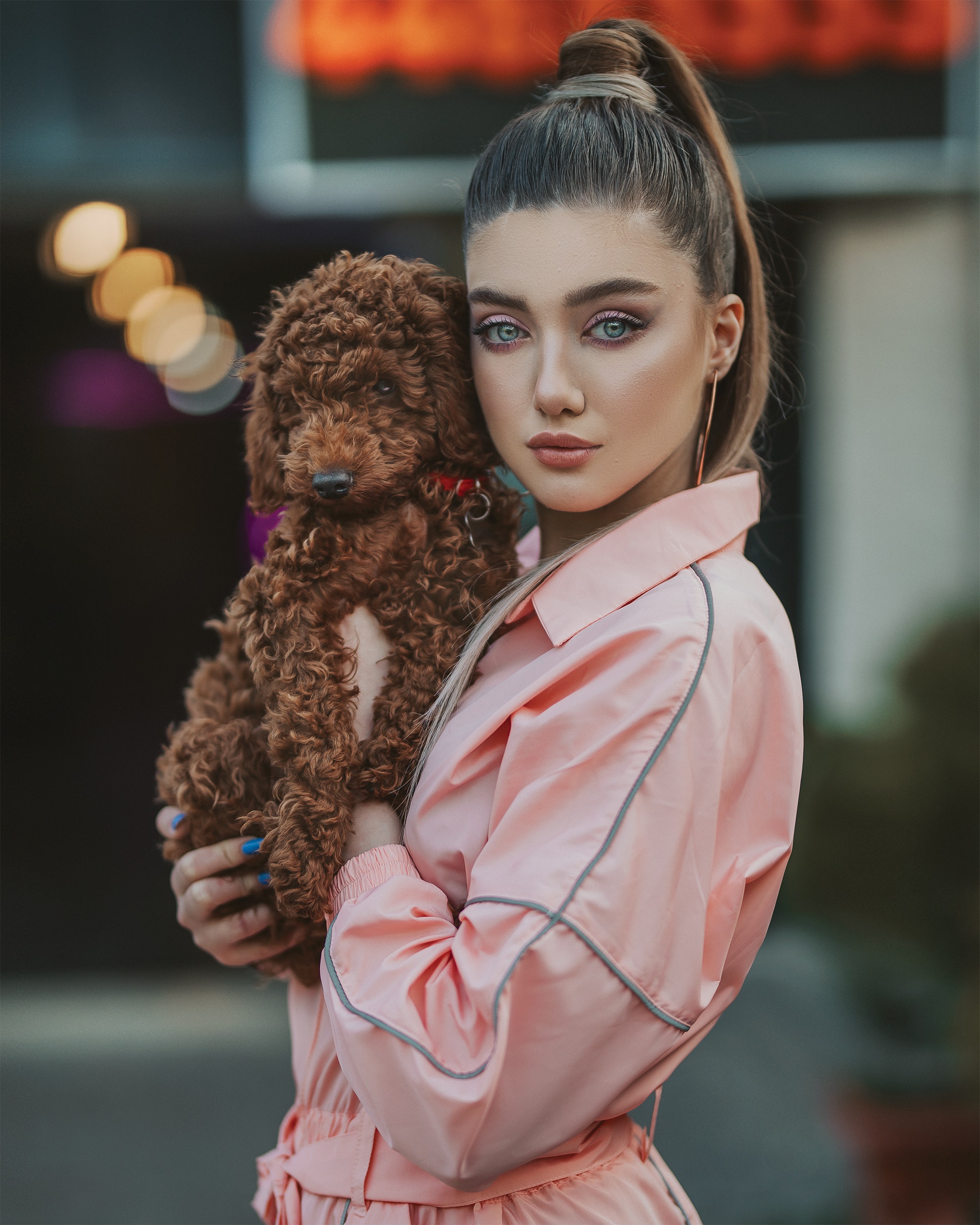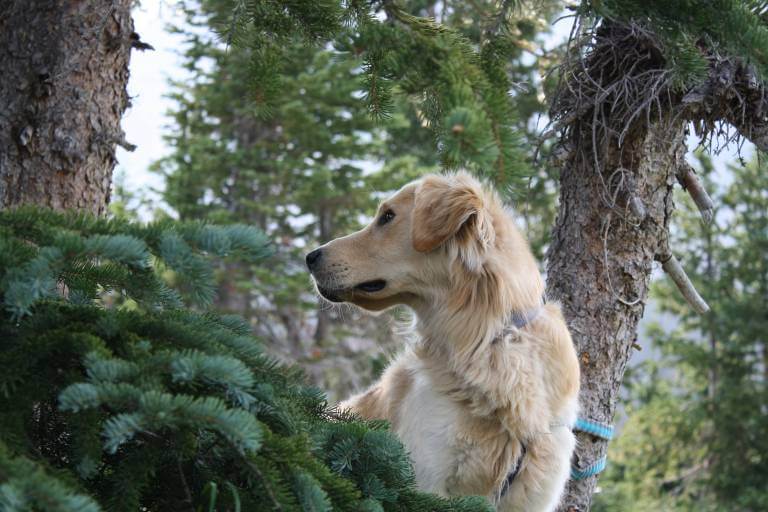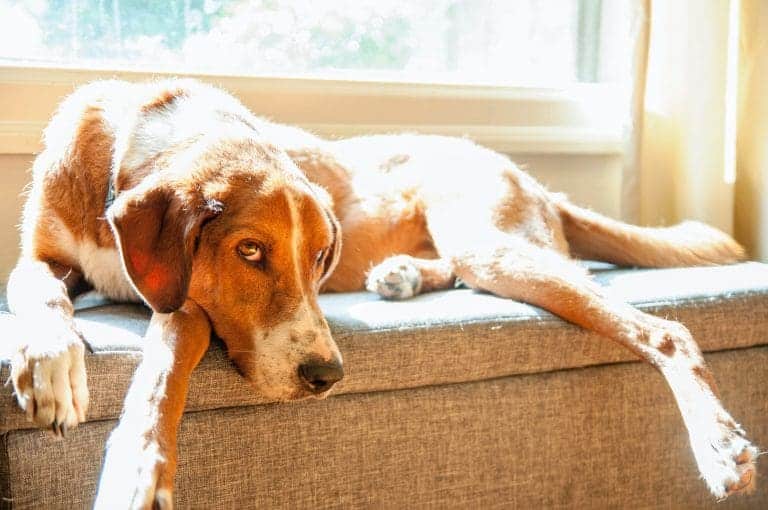How To Punish Dogs For Pooping In House?
Post Date:
December 10, 2024
(Date Last Modified: December 13, 2024)
Dealing with a dog that has accidents in the house can be frustrating for any pet owner. Addressing this behavior requires understanding the underlying reasons. Punishing a dog for pooping indoors is not straightforward. Instead, a combination of training, understanding, and consistency often yields better results than punishment alone.
The Misconception of Punishment
Dogs do not grasp cause and effect in the same way humans do. If a dog has an accident and is punished afterward, they may not associate the punishment with their actions. This can lead to confusion or anxiety, resulting in more issues. A holistic approach is more effective in managing this behavior.
Identifying the Root Causes
Understanding why dogs may poop indoors is crucial. Numerous factors can contribute, including medical issues, anxiety, fear, or inadequate training. If your dog suddenly starts having accidents after being house-trained, consult a veterinarian. Health problems, such as gastrointestinal issues or infections, may cause inappropriate elimination. Once health concerns are ruled out, focus on behavioral factors.
Effective Training Techniques
Training is essential to prevent indoor accidents. Proper house-training involves teaching your dog where to relieve themselves. Establish a routine, take your dog outside frequently, and reward them when they go in the right place. Positive reinforcement is far more effective than punishment for encouraging desired behaviors. When your dog goes outside, offer praise or treats to create positive associations.
Managing Accidents Gracefully
If accidents occur inside, address them without punishment. Clean the area thoroughly with an enzymatic cleaner to eliminate lingering odors. Dogs have an acute sense of smell; if they detect previous accidents, they may be more inclined to relieve themselves in that spot again. If you catch your dog in the act, redirect them outside immediately. Praise them when they finish outside, but avoid scolding for the indoor incident.
Creating a Calm Environment
Some dogs may have accidents due to anxiety or fear. Changes in their environment, such as moving to a new home or the arrival of a new family member, can trigger stress. Focus on creating a calm and secure environment for your dog. Provide a safe space for them to retreat when anxious, and engage in relaxing activities like gentle exercises or soothing music.
Observing Behavior Patterns
Monitoring your dog closely is vital. Pay attention to their behavior after meals, playtime, or waking up, as these are often times when dogs need to relieve themselves. Recognizing the signs that your dog needs to go outside can help prevent indoor accidents. Establishing a consistent bathroom break schedule can also be beneficial, as this helps your dog learn when to expect these opportunities.
Seeking Professional Help
If accidents persist despite your efforts, consult a professional dog trainer or behaviorist. They can assess your dog’s behavior and provide tailored strategies to address the issue. Professional guidance can be invaluable in understanding your dog’s specific needs and challenges.
Emphasizing Positive Reinforcement
While it may be tempting to punish your dog for accidents, positive reinforcement and patience often yield better results. Dogs respond well to kindness and consistency, and building trust is essential. Instead of punishment, focus on teaching your dog the appropriate behaviors.
Constructive Discipline Strategies
If discipline seems necessary, implement it constructively. For instance, if your dog consistently poops in a specific area, block access to that spot or supervise them closely when they are near it. This approach helps prevent accidents without instilling fear or anxiety.
Maintaining Consistency
Consistency is key in training. Ensure all family members are aligned regarding house-training methods. Mixed signals can confuse dogs and lead to more accidents. Clear and consistent communication is vital for effective training.
The Importance of Regular Exercise
Regular exercise plays a crucial role in a dog’s well-being. A well-exercised dog is generally happier and less anxious. Daily walks and playtime can help reduce stress and create a more balanced pet, making it easier for them to understand when it’s time to relieve themselves.
Considering Dietary Adjustments
In some cases, dietary changes may be necessary. If gastrointestinal issues are causing frequent accidents, consult your veterinarian about your dog’s diet. Certain foods can lead to digestive upset, and switching to a more suitable diet may alleviate these problems.
Building Trust and Understanding
Establishing a trusting relationship with your dog transforms the experience of pet ownership. By focusing on positive reinforcement, creating a supportive environment, and addressing underlying issues, you can help your dog learn to eliminate outside rather than inside. With patience and diligence, the likelihood of accidents occurring indoors can significantly decrease.
Tailoring Approaches to Individual Needs
Recognize that every dog is unique, and what works for one may not work for another. Be flexible in adjusting your approach based on your dog’s needs and responses. Training takes time, and maintaining patience and compassion throughout the process is vital.
Addressing the issue of a dog pooping in the house requires a comprehensive strategy. Focus on understanding your dog’s behavior and addressing concerns with training, consistency, and positive reinforcement. Building a trusting relationship with your dog not only resolves this issue but also strengthens your bond. Dogs thrive on love and support, and with the right approach, better habits can be cultivated.





